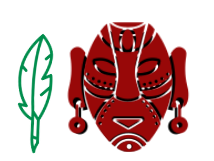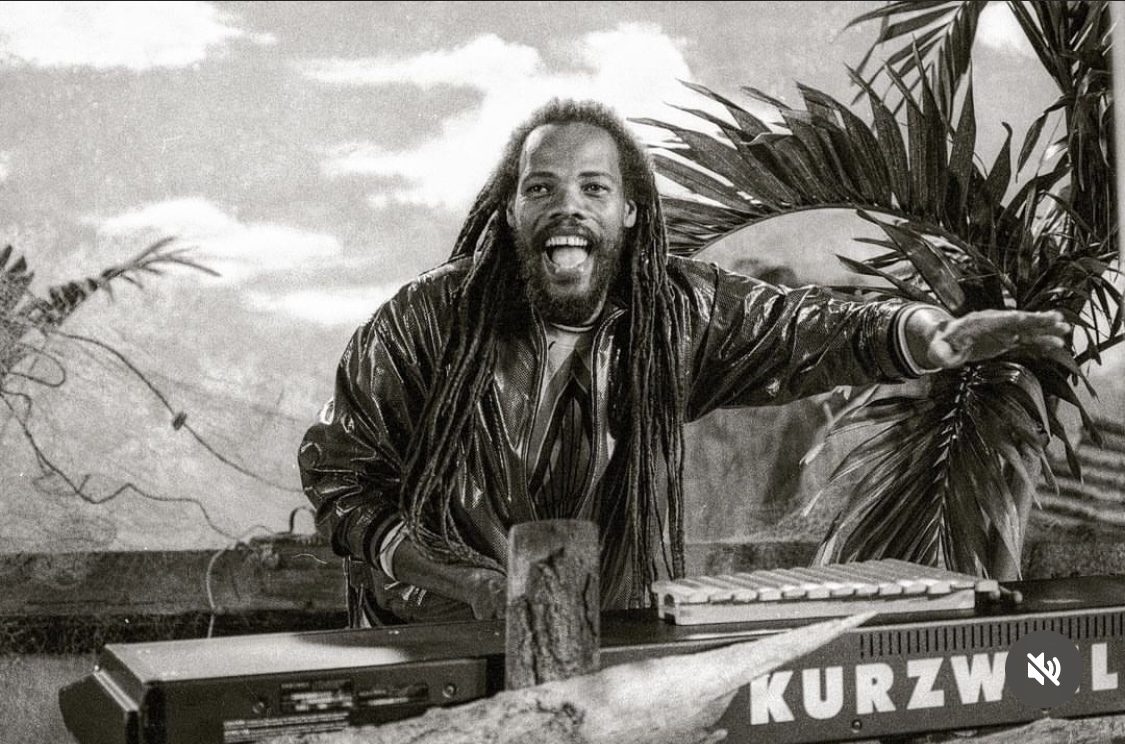There’s something special about Ibo, so much so, should you ask anyone about him, chances are their eyes will light up and a smile will immediately follow. He was a man of many talents and without question, a genius by all accounts. His Orthodox Rastafari-initiated name, Wolde Gabriel, attests to his extraordinary mastery as an instrumentalist. He was an internationally acclaimed singer/lyricist, songwriter, composer/producer, and arguably Jamaica’s most profound contributor to reggae music both locally and abroad. An exemplary educator, too, not just music, but also as a Physics teacher at the now defunct Liguanea School in the Kingston Corporate Area—an unpopular fact. Little wonder his recent death shook the island, in particular, the culture and entertainment community, which is still reeling from his transition.
So, who exactly was the beloved, legendary Kingsley Michael “Ibo” Cooper, O.D.? The man I knew was a warm, wise, forward-thinking and humble soul despite his brilliance. I remember being pleasantly surprised by his humility when we first met in 2016. He had just completed a discussion on TVJ’s Smile Jamaica morning TV show, and I was up next to talk about mental health. Sir Ibo, as I called him, came off set smiling, immediately introduced himself and asked me what exactly I’d be delving into. After about a minute of casual conversation, he left, I went for my interview, and we never crossed paths (in proximity) again until early last year, 2023. It was quite surprising that he remembered meeting me, and when I mentioned this, he immediately let me know he had an elephant’s memory, which he indeed did.
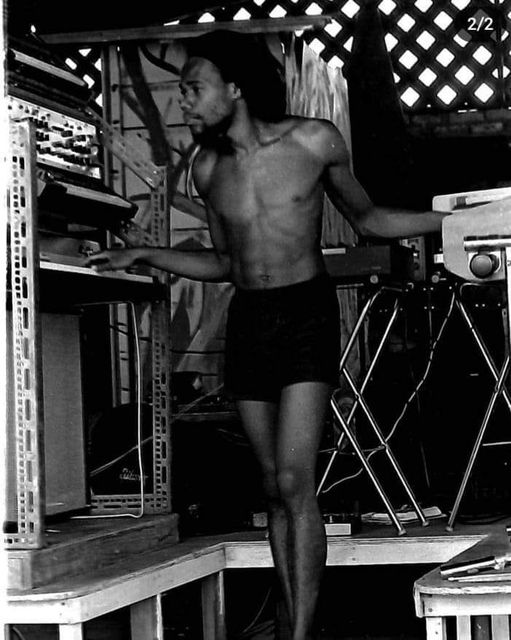
I, like nearly everyone who knew him, deemed him a man with an enormous heart, and a passion for music and nurturing that almost exceeds human capacity. My favourite things about him were that he was very tech-savvy, and as much a comedian as he was a virtuoso. We soon became close, given our love of laughter, similar spiritual beliefs, visions for the culture and entertainment industry, and a good conversation. As the year progressed, we connected like family. He stirred my curiosity tremendously, so I’d ask him a million and one questions about his life, which he happily answered. I’ve woven these tidbits into the story below, which loosely chronicles his iconic journey and accolades.
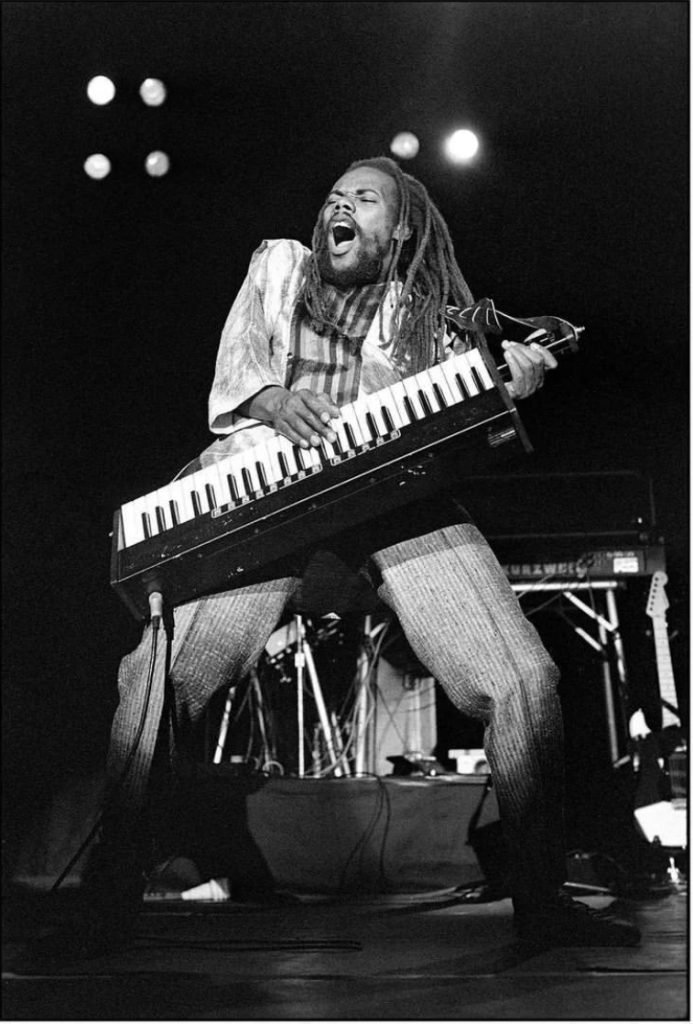
Before discovering his two passions (music and teaching), he was a whiz kid in the Jamaican countryside, born on the 14th of January 1952 in Spaldings, Christiana. Sir Ibo’s proud parents received hearty congratulations from friends and well-wishers on his arrival, and his birth was recorded in a beautiful congratulatory advertisement in The Gleaner, a fitting tribute and prophecy of the greatness that would follow in the years to come.
His brilliance showed quite early. At merely age three, he could already read and communicate at a level far beyond his years —hardly surprising as he grew up in a family of teachers like his aunt Olga Lysesight, who taught him how to play the piano. This saw him moving to Jamaica College, a boarding school in Kingston, where he earned the nickname, Bo (which became Ibo a few years later). He spent his time there excelling academically while honing his already obvious musical gifts with a band he started called Rhythms.
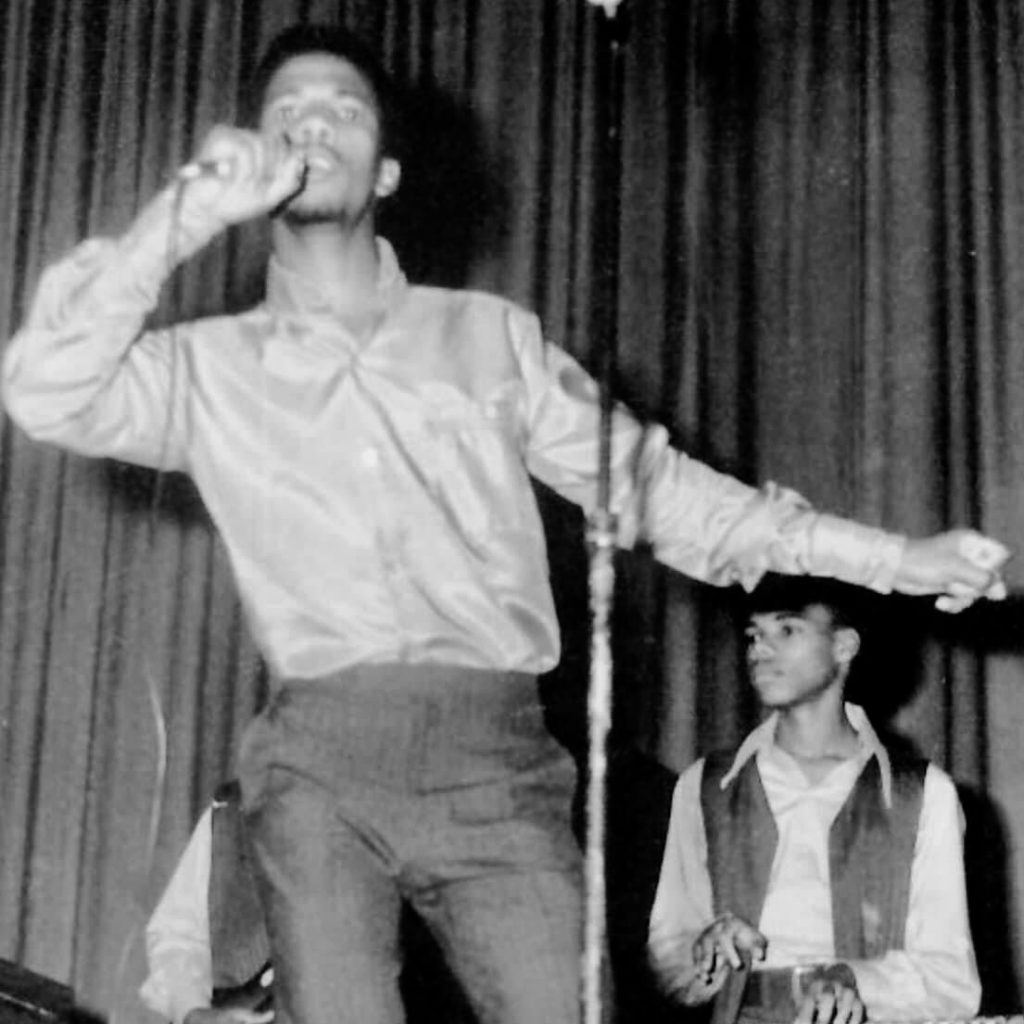
He moved on to study Mathematics and Physics at the University of the West Indies, and, in a fateful event, bumped into his high school colleagues —brothers Ian and Roger Lewis—who had then formed a band called Memphis Underground in the late 1960s. They asked him to play as their substitute keyboardist for a week, during which time he reconnected with Willie Stewart, yet another high school colleague (he played music at Wolmer’s Boys). Soon they changed the name to Inner Circle and he ended up not only replacing their original keyboardist, but becoming the band leader. It was in this band that he also met Bunny Rugs and another formally trained musical genius like himself, guitarist/cellist Stephen “Cat” Coore, who joined later. He remembered vividly that he was the first person in Jamaica to play the piano standing up, after the Lewis brothers bought a portable Italian organ he was able to tilt.
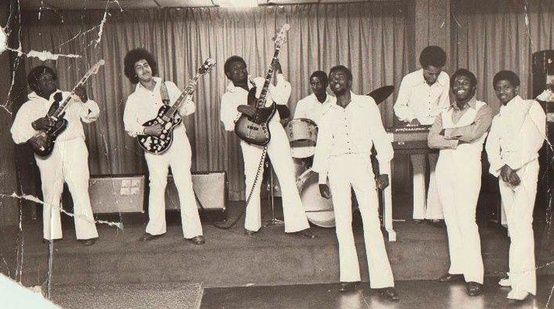
Amid more structural changes with the former group, a burning desire to innovate and perform their own music, and a Workers Bank loan to purchase equipment, the friends would go on to form their own band, Third World, debuting at the Independence morning celebrations on August 6, 1973, at the Carib Theatre.
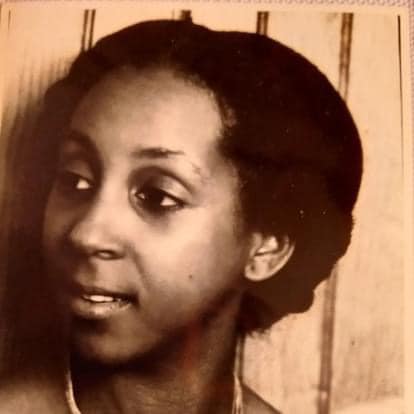
It was during this time that he also met his life partner, Althea Joy Atkinson, at a nightclub, and they soon wed and had their first child.
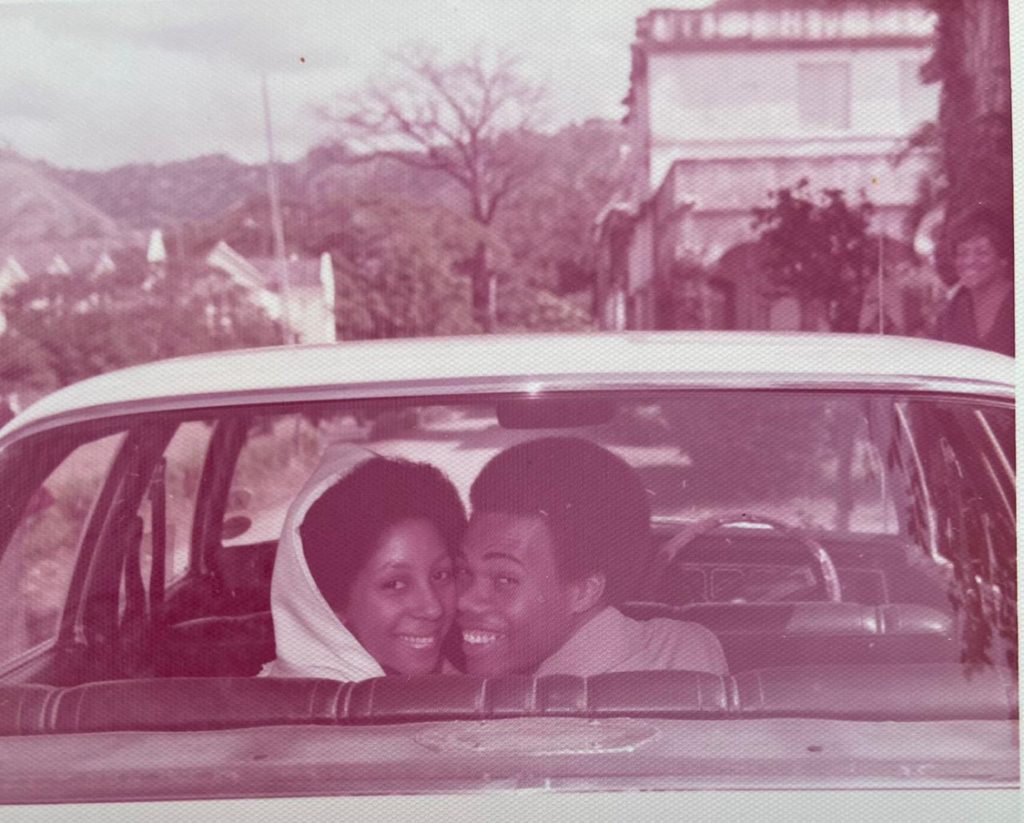
Ibo was a songwriter, keyboard player, and a primary contributor to Third World’s uniquely stylised sound. Their music combined the groovy consciousness of reggae with the heavy instrumentation of rock and raw emotiveness of soul, something that was never done quite like that before. Needless to say, it garnered a lot of attention. This groundbreaking fusion paved the way for much more experimentation in Jamaican music, and they became wildly popular in the 1960s and ’70s playing clubs in and around Kingston before being signed by Island Records and beginning to tour.
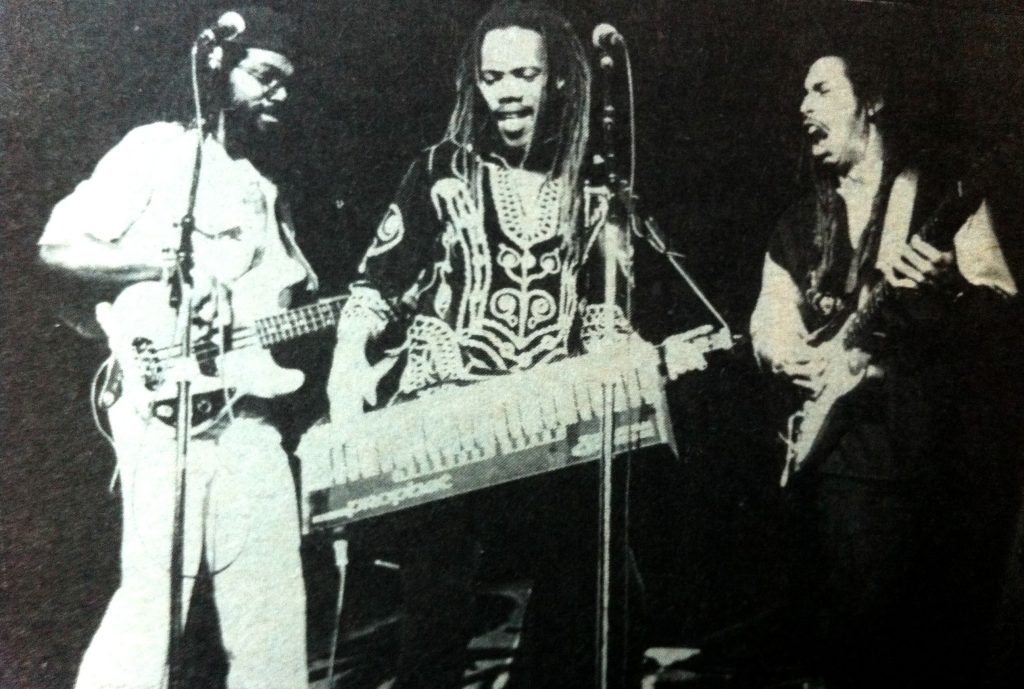
His eyes lit up talking about Third World’s first performance in the UK, where, despite not being the headliners, they made newspaper covers the next day. That performance would set the tone for their steady rise. The prolific band quickly took off globally, becoming a household name and favourite with a slew of legendary performances and timeless hit records. Sir Ibo fondly recalled taking his wife and children with him to a host of memorable shows across the world as the accolades flooded in.
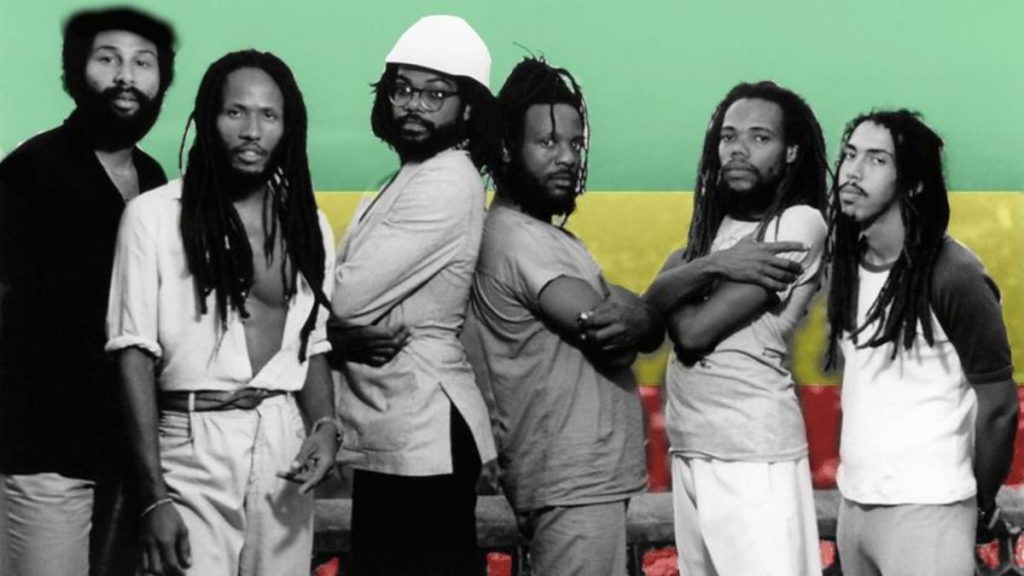
Their eponymous album released in 1976, featured a cover of The Abyssinians’ Satta Massagana which blew up in Jamaica, especially among the Rastafari community. So, too, did their second album, 96° in the Shade released the following year, with the title track becoming another anthem. Their appearance at the infamous “Smile Jamaica” concert by Bob Marley and the Wailers, which was organised in 1976 to quell the political unrest in Kingston, is another of their early career highlights. Plus, pop legend Stevie Wonder wrote the song Try Jah Love, which became one of their biggest hits. He also played with them during the 1981 Reggae Sunsplash live concert. Since then, Third World has enjoyed global recognition for decades, and after 24 years of touring, Ibo quit the band he created in 1997 due to personal differences and found a new vocation as an educator.
He kindled those flames even more when he started his adventure in 2000 at Edna Manley College of the Visual and Performing Arts. After starting out as a part-time lecturer, he joined the team full-time as head of the Caribbean, Latin American and Jazz department (now known as Popular Music Studies), in the School of Music. In true Ibo fashion, he left a permanent imprint on the staff and students’ lives, as well as on their activities, programmes, and lessons. So much so, Jamaica’s Minister of Education and Youth, Fayval Williams, called him a teacher extraordinaire and lauded his understanding of the importance of the creative arts in shaping the character of a nation.
While he set his roots down at Edna Manley, his vision and influence quickly spread, having a profound effect on a variety of cultural, creative and entertainment-related domains, as he served on committees and organisations that influenced national laws impacting the arts, musicians, and music. He served as founding member, Legacy Director and former chairman of JaRIA (Jamaica Reggae Industry Association) and was instrumental to the ideation and execution of Reggae Month, shaping generations of musicians in this way as well. Minister of Culture, Gender, Entertainment and Sport, Olivia Grange, praised him as a musician par excellence who had never been satisfied with advancing his own career, but devoted an inordinate amount of time helping many others advance theirs.
Dr Roger Williams, School of Music Dean at Edna Manley dubs him a gifted and diverse musician, who spent decades directing and composing music for the school’s annual graduation. He also noted that Sir Ibo single-handedly transformed the School of Music final year shows into a spectacle worth watching, and that his excellent student mentorship led to the organic formation of bands like C-Sharp, Notice, EarthKry and Raging Fyah. He also remembers him as the man who worked on various inner-city projects, using music in transformational ways; taught corporate choirs, and had no difficulty displaying the attitude and aptitude needed to effectively translate and combine fulltime performance experience with teaching.
Prime Minister Andrew Holness also weighed in, honouring his band days as part of the era representing the epitome of true reggae music of love, unity and peace in the farthest corners of the world.
It’s these collective contributions—his involvement with the College and two of Jamaica’s most esteemed and long standing bands, and the continuation of his family’s musical legacy through the success of his now-deceased first-born son, producer, Fame FM media personality and disc jock, Arif Michael Cooper— that brought him many well-deserved awards as a cultural ambassador.
Sir Ibo received the Officer of the Order of Distinction (OD) in 2005, and in 2007 the Institute of Jamaica Silver Musgrave Medal for achievements in art, science, and literature. He also earned two Lifetime Achievement Awards, one in 2022 from the Edna Manley College, where he spent 23 years of his life moulding younger artistes until the time of his passing. The other was bestowed by the Calabash Literary Festival for Third World’s 50th anniversary, which I was honoured to witness and assist him with on the day. There, he gave his last major performance. I distinctly remember looking around during the standing ovation, feeling a strange blend of captivation and sadness as I watched him light up, exuding his well-known charisma and expert craftsmanship on stage as though he was in perfect health amid his then-mysterious burgeoning illness. As beautiful as it was, it felt final to me, like a last hurrah… something I absolutely didn’t want to be right about.
At age 71 he transitioned at home on Thursday, October 12, 2023, two weeks to the day his wife, Miss Joy (as I called her), who was his backbone as he executed his dreams, passed on September 28th, mere months after painstakingly celebrating their 50th wedding anniversary during the week of their son Arif’s untimely death—the unfortunate catalyst for their rapid decline. We will always cherish and honour them for their priceless services to the country.
Wolde Gabriel or Kingsley Michael “Ibo” Cooper, O.D. is unquestionably Jamaica’s consummate Reggae Ambassador, having played a critical role in the growth and recognition of reggae music globally in a way no other Jamaican musician has. Today, on his birthday, I completely endorse his posthumous designation as a National Hero.
